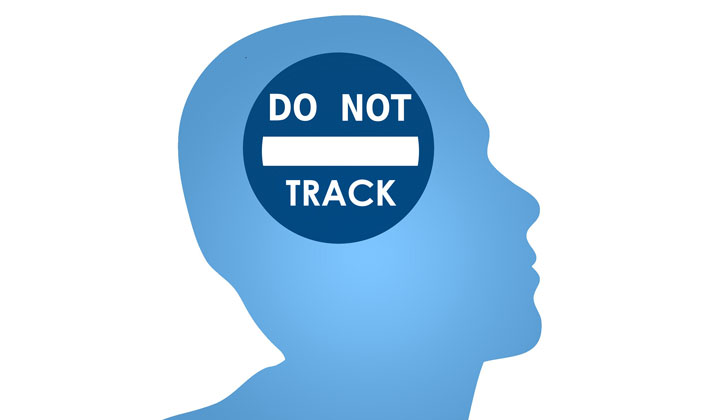When it comes to the web browsers, it is a fact nowadays that few people are forced to use the default Internet Explorer of Windows OS, because there are so many, and will be increasingly more alternatives in the market.
However, with such a large quantity of choices, today’s Internet users are just like kids in a toy store. Downloading a wrong browser will not only waste your time but also occupied a lot of memory on your computer: though you can uninstall the software manually, some data files may be left usually without your knowledge.
For that reason, don’t click the “Download” button too quickly. We put together a list of 7 questions you should consider before downloading a new browser and hope it could help you make a better choice.
What’s your daily usage situation?
While there are so many browsers to choose from, each of them has the advantage of itself. Making choice according to their features and your own requirements will be a wise action.
If you use web browser only in the office, a clean but efficient web explorer is the right one to help you focus on the work and do more things. Besides, the ad blocker function may be a necessity in this case to help prevent online distraction.
If the most occasions for you to use the web browser is during your leisure time, sometimes outdoors, you’d better learn more about the mobile browser, to see whether they have the data-saving mode to help you save your mobile data. However, even though mobile browsers like Dolphin and Puffin offer great features, their limitation is that they are currently only usable on mobile devices. A browser that’s available both on PC and mobile is better cause sometimes you’ll need to sync data between both platforms.
Is your language available in this browser?
For many people, the look, feel, and ease-of-use of their browser is crucial, but besides from that, the other aspect we should pay more attention to is the localization of the browser. If you use this browser on a daily basis, it’s hard to imagine that you still need to translate the toolbar to understand the feature every time you use it.
So before you download it, do check its available languages, and make sure yours is included.
Does it support “Do Not Track”?
Do Not Track (DNT) is a technology and policy proposal that enables users to opt out of tracking by websites they do not visit, including analytics services, advertising networks, and social platforms. It is one of many privacy solutions to let you decide your preference not to be tracked by websites. Many modern browsers have supported this feature to protect the cyber privacy.
Actually, as early as 5 years ago, in 2012, Maxthon announced that we would support Do Not Track on all of our forthcoming desktop, mobile, and Android tablet browsers. According to Jeff, CEO of Maxthon, privacy is a top priority for Maxthon, and Do Not Track is a crucial tool for consumers.
So, if security is your main concern, then do not forget to check whether the browser you are downloading supports Do Not Track.
Is the encryption algorithm strong enough?
Secure Hash Algorithm is published by National Institute of Standards and Technology (NIST) as a U.S. Federal Information Processing Standard (FIPS), while SHA-1 is widely used by Certification Authorities (CAs) and website administrators for their SSL certificates.
However, in 2005, cryptanalysts found collision attacks on SHA-1 and proved that SHA-1 might not be secure enough. As the gateway to the Internet, browsers have the responsibility to create a safer environment for users, so many browser companies have declared their roadmap of sunsetting SHA-1.
Browsers that discontinued support for SHA-1 will illustrate error or special notification when you visit insecure websites, and suggest that you should not enter sensitive information on those sites to protect your privacy. Conversely, browsers that still support SHA-1 certificate will not give any reminder.
Do you need sync across different devices or platforms?
If you use Apple products across the board and are happy with Safari, then sync is easy for you. But for people who like to mix it up with an iPhone and Windows computer or an Android phone and a Mac, then having a browser that syncs may mean a lot.
Many browsers offer the accounting system, and people can log in to the account to get everything synced. So, if you need to access your bookmarks and other items no matter where you are, what computer you have, or which device you are using, keep this in mind when making your browser choice.
Though we have listed the top 5 questions, there are still many other aspects you should consider before downloading a browser. Hopefully, these tips will help you find the best one for you.




